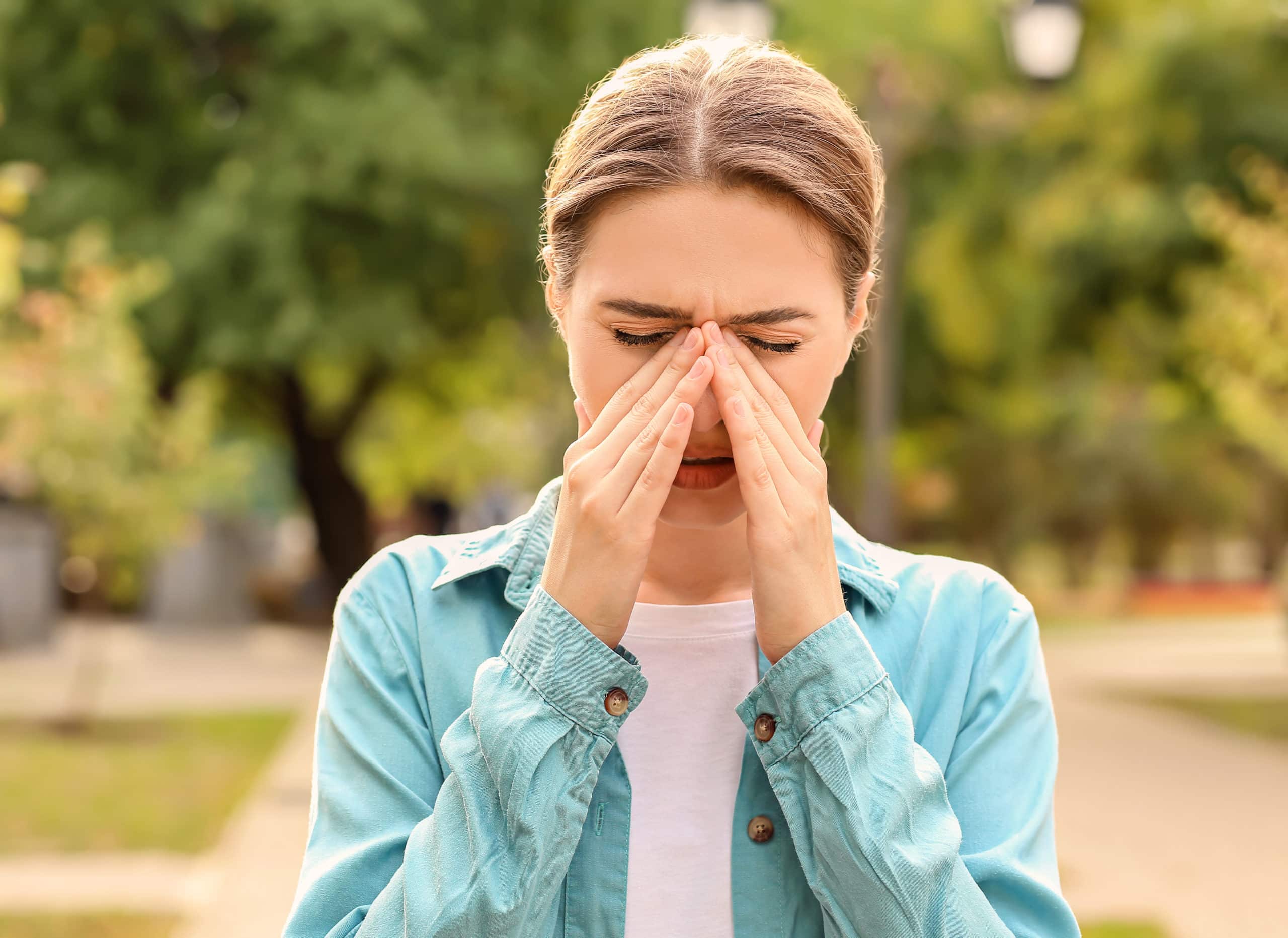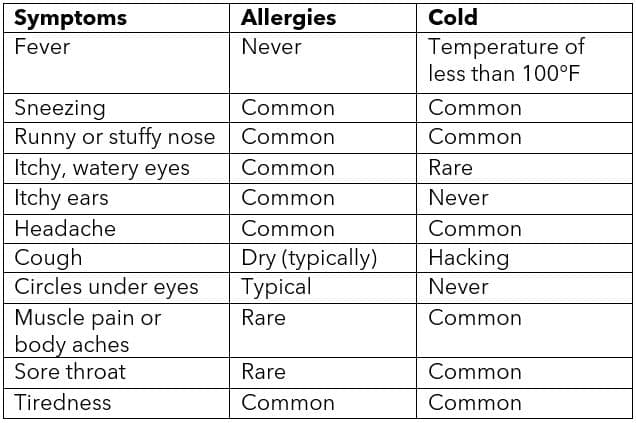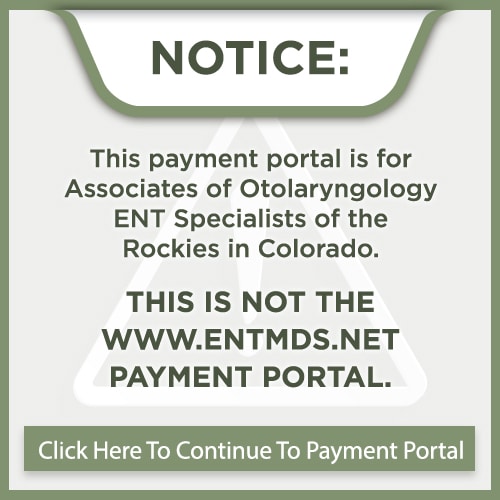How To Tell The Difference Between Allergies And A Cold

We’re all familiar with the tickle in the back of the throat, the suddenly runny nose, or the onset of sneezing that precedes a cold or allergy fit. These symptoms (and their many companions) can take the enjoyment out of even your most fun plans, but do you always need to see a doctor to take care of them? And how do you know which medicine to take whether for allergies or a cold? Let’s find out.
What Causes Allergies and Colds?
Allergies and colds have similar symptoms, but the underlying cause could hardly be more different. Colds are caused by an infection of a virus that stimulates your immune response, leading to inflammation of the upper respiratory tract, among other symptoms. Colds are limited in time, usually resolving on their own in 7-10 days as your body fights off the virus.
On the other hand, allergies occur due to over-reactions of our bodies to specific environmental factors, ranging from particles of pollen to pet dander to dust mites. Allergies aren’t an infection but rather an over-stimulation of the immune system to a non-pathogen that then causes swelling and other associated symptoms. Allergies can be seasonal, lasting about as long as a cold, depending on your specific allergen, or year-round if you’re allergic to many different factors.

How to Treat Allergies
Ironically, even though colds and allergies come from different causes, the approach to treatment is similar: treat the symptoms to experience relief until the cause is gone. For allergies, treating the symptoms is best done with antihistamines like Claritin, Allegra, Zyrtec, and Benadryl, as well as other medications you can find over-the-counter, like decongestants, steroids (Flonase), or asthma medications, if you also have asthma symptoms at other times of the year.
However, it’s important to mention that patients with chronic allergies (year-round, for example) can develop other conditions – chronic sinus infections, nasal polyps, or others that can require surgery to correct.
How to Treat A Cold
Viral infections that cause cold symptoms are not the same as bacterial infections. Therefore, we can’t treat colds with antibiotics, but we treat them for their symptoms. Similar to allergy treatment, this commonly involves anti-inflammatory drugs, cough suppressants, pain relievers, and other over-the-counter products you find helpful.
Infections and symptoms that last longer than the normal 7-10 days can lead to complications such as bacterial infection of the sinuses (sinusitis) that we can treat with a personalized care plan.
When to See an ENT Specialist
In general, you do not need to see a doctor or ENT for symptoms of colds or allergies that last fewer than 7-10 days, regardless of whether you know it’s allergies or a cold for certain. These conditions can be easily managed with at-home care and OTC medications, along with bed rest for severe colds.
When symptoms persist for longer than 10 days, they can lead to more serious complications that might then require a doctor’s examination. At that point, feel free to call our office to request an appointment.
Contact AOO | ENT Specialists of the Rockies in Denver, Lone Tree or Castle Rock
Allergies and colds can be difficult to distinguish, especially when your head’s foggy with swelling and drainage. However, in most cases, having some allergy meds and cold treatments on hand can make these conditions bearable so you can keep living your life. If you’ve been experiencing chronic symptoms for weeks, though, it may be due to something more serious. Our board-certified ENTs are here to help. Call one of our office locations in Denver, Lone Tree, or Castle Rock or contact us online to request your appointment
Associates of Otolaryngology, or, AOO | ENT Specialists of the Rockies has been serving multiple generations of families across the Denver Metro area since 1969. Our group of board-certified surgeons has been providing award-winning treatment and exceeding patients’ expectations with our specialized ENT services for over fifty-five years.
Thanks to our exceptional providers, we are an all-encompassing, comprehensive ENT practice. Our expert team of specialists includes general ENT surgeons, head and neck surgeons, sleep, sinus, and allergy specialists, and facial cosmetic and reconstructive surgeons. In addition, our team of providers is supported by doctoral-level audiologists, physician assistants, and nurse practitioners.





